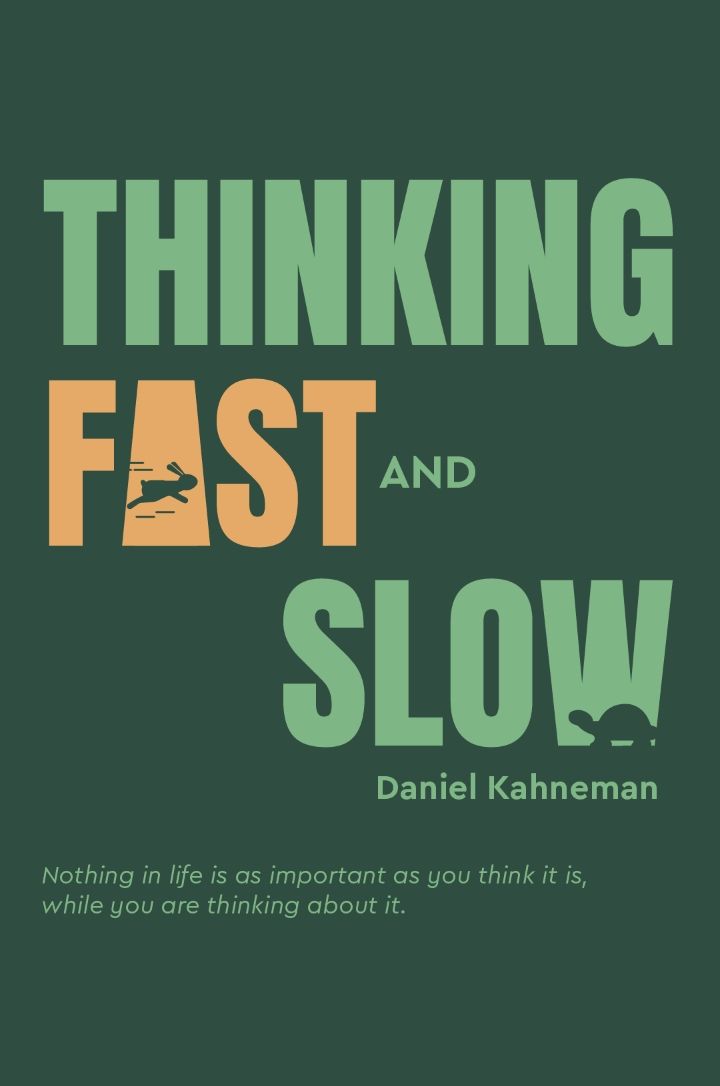Humans are wired to seek rewards from "summary" of Your Money and Your Brain by Jason Zweig
The brain is hardwired to pursue rewards of all kinds. It is constantly seeking out pleasure and avoiding pain. This primal urge drives our behavior in ways that we often don't even realize. The brain releases dopamine, a neurotransmitter associated with pleasure, in response to potential rewards. This chemical reaction motivates us to seek out more rewards, creating a cycle of desire and pursuit. Humans are particularly sensitive to rewards that are unpredictable or uncertain. The anticipation of a reward can be just as pleasurable as actually receiving it. This is why activities like gambling can be so addictive - the thrill of the chase keeps us coming back for more. Our brains are constantly evaluating risks and rewards, weighing the potential benefits against the potential costs. The pursuit of rewards can lead us to make irrational decisions, especially when it comes to money. We may take unnecessary risks in the hopes of a big payoff, or we may spend money on things that bring us short-term gratification but little long-term satisfaction. Understanding how our brains respond to rewards can help us make more informed choices about our finances.- We can take steps to mitigate its influence on our decision-making. Setting clear goals, creating a budget, and practicing mindfulness can all help us resist the impulse to chase after immediate rewards. It's important to remember that our brains are powerful tools, but they can also lead us astray if we're not mindful of how they work. By understanding our natural tendencies and taking steps to counteract them, we can make smarter choices and ultimately lead happier, more fulfilling lives.
Similar Posts
Be mindful of your financial health
Being mindful of your financial health means paying attention to your money and making intentional choices about how you earn, ...
Our habits shape our identity
One of the most important ideas to understand is the powerful connection between habits and identity. Our habits shape our iden...
Cultivating a mindset of abundance
To truly understand the concept of abundance mindset, one must first recognize the power of thoughts and beliefs in shaping one...
Avoid comparing yourself to others
It's human nature to look at what our peers are doing and wonder how we measure up. We're wired to compare ourselves to others,...
Money attitudes can change over time
As individuals move through different stages of life, their attitudes towards money are likely to shift. For example, a young a...
Set clear financial goals to achieve prosperity
To achieve prosperity, it is crucial to have clear financial goals. These goals serve as a roadmap to guide you towards financi...

Seeking professional financial advice can provide clarity and guidance
When it comes to managing your finances and making important decisions about money, seeking professional advice can be crucial....
Financial literacy is essential for making informed financial decisions
Understanding finance is crucial to navigating the world of money and making sound decisions about your financial future. Finan...

Dopamine levels can be influenced by genetics and environment
Dopamine levels are not solely determined by genetics, as many people are led to believe. While it is true that genes play a si...

WYSIATI What You See Is All There Is
The mind that we see in ourselves is not all there is. We are blind to flaws in our reasoning. WYSIATI - what you see is all th...

